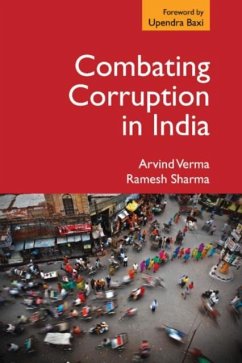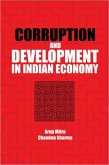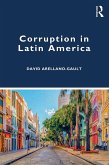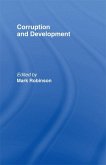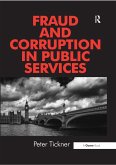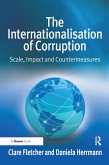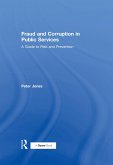As corruption continues to be a persistent problem in India, concerned citizens believe empowered police agencies independent of political control are effective ways to deal with corrupt officials and politicians. What is corruption and how is it facilitated? What are the appropriate agencies to combat corruption professionally in India? Why are these not effective in deterring corrupt practices? Are the alternative solutions to tackle corruption successful? This book seeks to engage with these questions, discuss and analyze them, and conduct a thorough analysis of law, bureaucratic organizations, official data, case studies and comparative international institutions. It analyzes vast data to argue that a corrupt state only maintains the facade of rule of law but will not permit any inquiry beyond that of individual deviance. Using criminological perspectives, it presents a novel mechanism, the 'Doctrine of Good Housekeeping', for public officials to combat and prevent corruption within their own institutions.
Dieser Download kann aus rechtlichen Gründen nur mit Rechnungsadresse in A, B, BG, CY, CZ, D, DK, EW, E, FIN, F, GR, HR, H, IRL, I, LT, L, LR, M, NL, PL, P, R, S, SLO, SK ausgeliefert werden.

